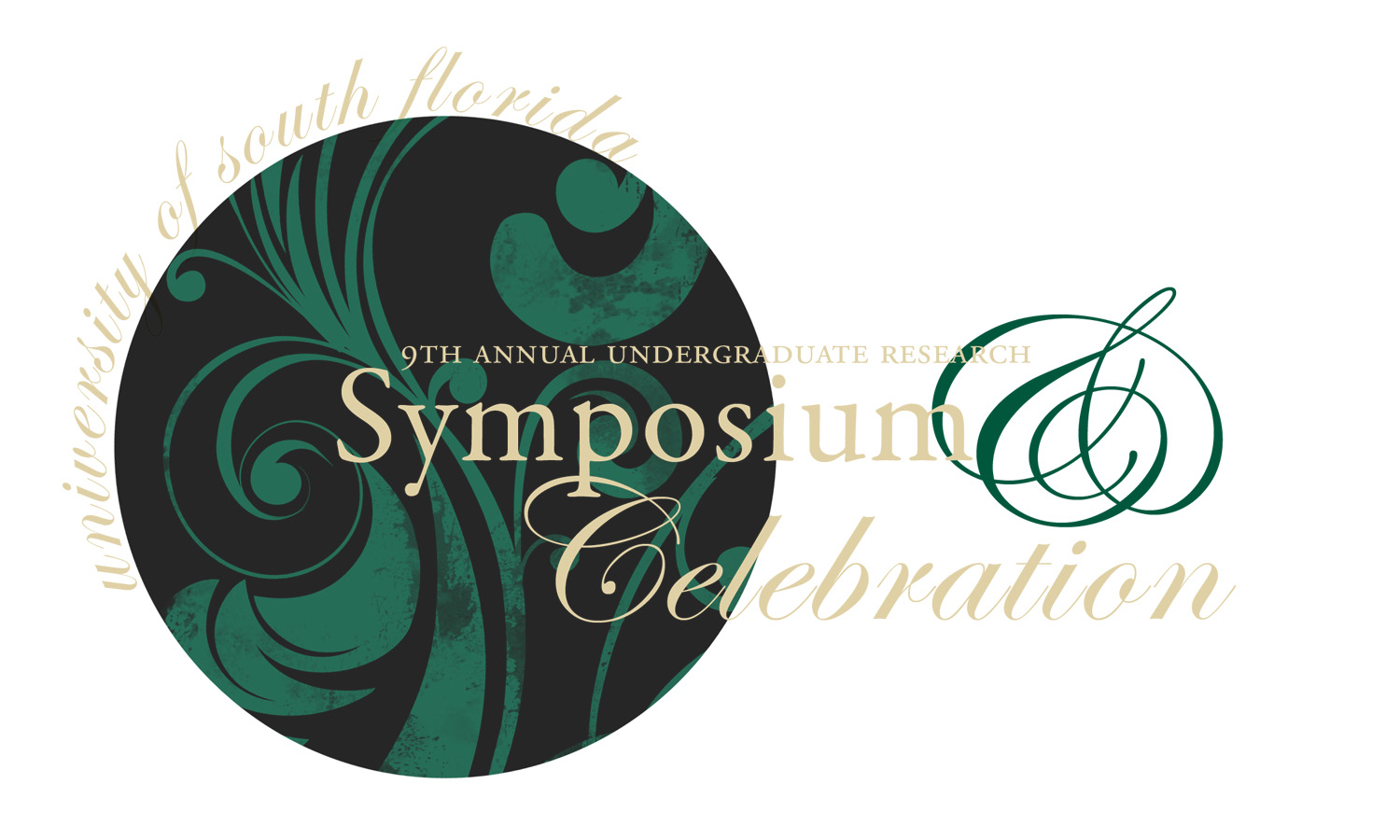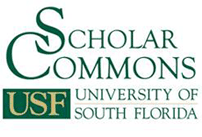Presentation Type
Poster
The Effects of Alcohol Expectancy Priming on Group Formation
Abstract
According to alcohol expectancy theory, drinking-related information is stored in memory and when cue activated, influences alcohol-related behavior. Priming of alcohol expectancies has been shown to elicit both drinking and non-drinking behavior associated with alcohol consumption, such as increased willingness to meet with a stranger and aggression. These social influence effects have been shown to be moderated by individual differences in alcohol expectancies. In the present study, we tested whether an alcohol prime would activate social expectancies and facilitate social group formation, even in the absence of alcohol consumption. 120 undergraduates between the ages of 18-25 (M=19.82; SD=1.68; 75% female) completed alcohol expectancy measures prior to participation. Upon arrival in the laboratory, participants were primed with either alcohol or neutral beverage words and completed a collaborative group activity. They then filled out paper-based questionnaires measuring perceived group cohesion. Several significant interactions consistent with a priori hypotheses were found between condition and expectancy; those in the alcohol prime condition with higher alcohol expectancies reported greater cohesion. These findings underscore the complexity of the impact of expectancy and social behavior on drinking: alcohol expectancies may activate pro-social behavior, which in turn may influence drinking, and then positively reinforce social expectancies.
Categories
Behavioral Sciences
Research Type
Thesis
Mentor Information
Dr. Mark Goldman
The Effects of Alcohol Expectancy Priming on Group Formation
According to alcohol expectancy theory, drinking-related information is stored in memory and when cue activated, influences alcohol-related behavior. Priming of alcohol expectancies has been shown to elicit both drinking and non-drinking behavior associated with alcohol consumption, such as increased willingness to meet with a stranger and aggression. These social influence effects have been shown to be moderated by individual differences in alcohol expectancies. In the present study, we tested whether an alcohol prime would activate social expectancies and facilitate social group formation, even in the absence of alcohol consumption. 120 undergraduates between the ages of 18-25 (M=19.82; SD=1.68; 75% female) completed alcohol expectancy measures prior to participation. Upon arrival in the laboratory, participants were primed with either alcohol or neutral beverage words and completed a collaborative group activity. They then filled out paper-based questionnaires measuring perceived group cohesion. Several significant interactions consistent with a priori hypotheses were found between condition and expectancy; those in the alcohol prime condition with higher alcohol expectancies reported greater cohesion. These findings underscore the complexity of the impact of expectancy and social behavior on drinking: alcohol expectancies may activate pro-social behavior, which in turn may influence drinking, and then positively reinforce social expectancies.

